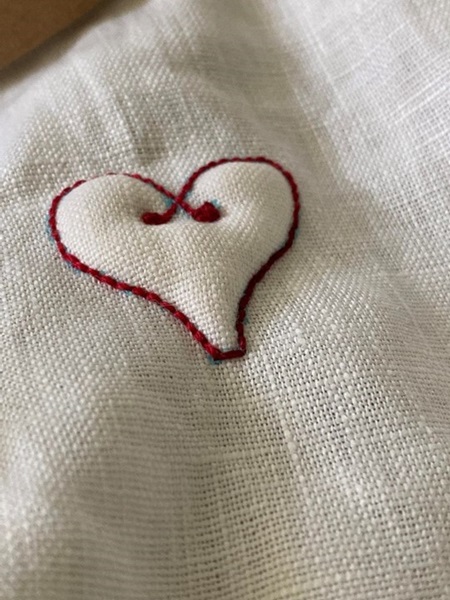The Right Place
Magdalena Lenartowicz, MD Jan 10, 2023
When I set out to be a physician, I imagined myself like those old country doctors, with my black bag in hand, going out into the community, creating relationships, telling stories, spending time with patients and their families. So medical school and then my practice were like a big bucket of cold water that was dumped on my head. I was never the true science student in my class, anyways, I was always very “social science’y” and was told a couple of times I should have been a social worker, not a physician (eye roll). And I could never care less about RVUs or coding or making sure my notes included 12 systems versus 7 body areas (who COMES UP with this stuff??).
Medicine in my opinion couldn’t have moved further from its original tenets if it tried, and our focus was no longer on the person. And I mean person, not a person’s body and its ailments.
I pushed through though, because those student loans weren’t going to pay themselves, and I ultimately chose Geriatrics. This specialty seemed to care about spending time with people, about getting to know their stories, and my attendings in this area were really encouraging people. Yet I always had a thing for hospice and palliative care, ever since I was a volunteer in my 20s, reinforced by doing an inpatient hospice rotation during medical school.
My friends consistently asked me why I seemed to mostly enjoy working with people at the older end of life or those who were dying. The way I saw it, care doesn’t stop just because there is nothing else medicine can do to cure or fix it. In fact, it becomes MORE important to get creative and interested in what makes a person’s life worth living, and how to make that possible for them.
A few years ago, even before we all started having existential crises triggered by the pandemic, I had a bad car accident and my life literally flashed before my eyes. I started wondering what I was doing, where I was going, and why I was so incredibly unhappy with my work. So, to make my life easier I did what anyone would do, I decided to go back to school. I also took on a job as a hospice physician with a busy urban organization that provided a lot of opportunities for comprehensive experiences and had a reputation for being creative and progressive.
For the first time in my long trek toward medicine, work started making sense to me. It started to feel like I was in the right place, like I wasn’t the odd person out.
Don’t get me wrong, I still hate call and have serious PTSD from residency related to this. I hate the paperwork and checking off boxes. I hate the hoops healthcare workers and patients have to jump through to get basic things accomplished. I hate the lack of accessibility if you don’t have the money or the assertiveness to fight the system.
Yet I have also found a balance for all that internal dissatisfaction I carry naturally (lucky me!), and that balance has been the sense of purpose that hospice and palliative care medicine give me. I also found that palliative care “types” are people with whom I have so much more in common than a lot of other medical specialties, and that was a nice discovery. That, in my 40s, I finally fit in!
Thing is, the ability to go deep, to really give people space to find their voices, to examine their feelings about very difficult things, and to finally feel free to SHARE those with us, that is the epitome of human connection to me. With palliative care, I finally feel the art in the science. We are required to think out of the box, to advocate for treatments that aren’t perfectly aligned with guidelines based on studies of the “ideal” patients, but that are good for THIS patient. We get to learn about people’s deepest fears, hopes, beliefs and their turbulent, loving, complex human relationships. What could be better than that? What could be more of a privilege to have as one’s true calling?